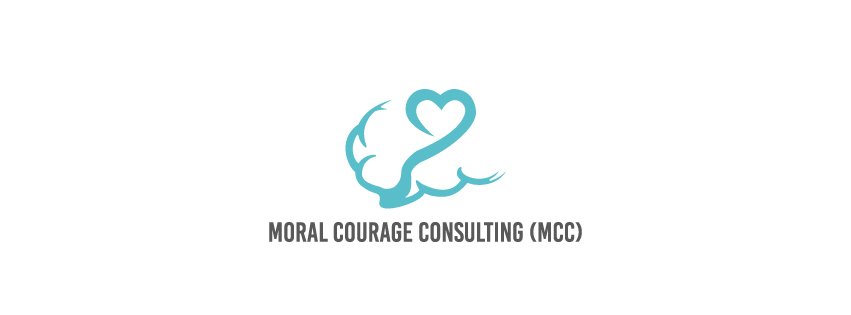“I feel numb…”
Working as a humanitarian aid worker can be both rewarding and emotionally challenging. There are certain personality types that are drawn to humanitarian work. Many aid workers are empathetic, compassionate, and driven to make a difference in the world. However, wanting to help others can also be a double-edged sword. It can lead to burnout, compassion fatigue, and moral distress.
The nature of humanitarian work is inherently stressful, with aid workers often dealing with high-pressure situations and emotionally charged experiences. Additionally, the bureaucratic and political obstacles that come with humanitarian work can cause frustration and disillusionment, leading to feelings of hopelessness and cynicism.
Furthermore, witnessing the suffering of others can take a toll on one's mental and emotional health. We will share the story of a humanitarian aid worker who has become numb to the suffering she sees every day and her feelings of frustration and hopelessness towards the bureaucracy and red tape that hinders her work. We will also offer some strategies to help her cope with these difficult feelings.
Meet “Sarah,” a humanitarian aid worker who has been working in conflict zones for years. She has seen the worst of human suffering and has become numb to it. Sarah feels as though she is just going through the motions and is no longer emotionally invested in the work. She is frustrated by the bureaucracy and red tape that hinders her work and feels helpless to make a meaningful difference.
Sarah's situation is unfortunately, not uncommon among humanitarian aid workers. Witnessing the suffering of others can cause emotional numbing, which is a protective mechanism the brain employs to avoid becoming overwhelmed. However, this can lead to feelings of disconnection and burnout.
One strategy to help Sarah cope with her difficult feelings is to engage in self-care practices. Self-care can involve taking breaks, practicing mindfulness, and engaging in activities that bring joy and pleasure. It is essential for Sarah to prioritize her self-care to help reduce her feelings of hopelessness and burnout.
Another strategy for Sarah is to seek support from her colleagues or a mental health professional. Talking to others who have experienced similar situations can help her feel less isolated and more understood. Seeking the help of a mental health professional can also provide a safe space for Sarah to process her emotions and develop coping strategies.
Finally, Sarah could consider shifting her perspective from feeling hopeless to focusing on what she can control. While the bureaucracy and red tape may be frustrating, Sarah can focus on the impact she is making on the individuals she is helping. Celebrating small wins and progress can help boost her morale and motivation to continue the work.
At MCC, we recognize there is no clear cut answer to Sarah’s situation. However, we provide ethical listening as vehicle to assist Sarah in understanding the connection between her thoughts, feelings, and actions.
